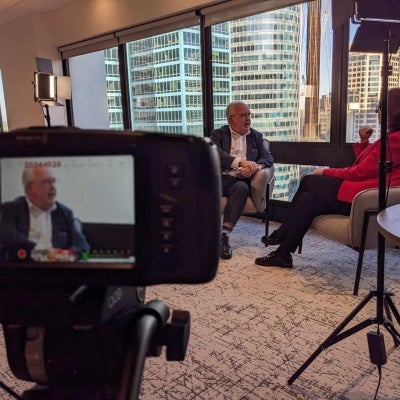Refine results
-
Commission - General14 December 2012Webpage
Hot topics index
Hot Topics is a new feature that provides assistance in locating significant reports and publications, fact sheets and education materials regarding work the Australian Human Rights Commission has undertaken. -
14 December 2012Book page
Annual Report 2008-2009: Chapter 5
The Commission has a function of intervening, with the leave of the Court, in proceedings that involve issues of human rights, equal opportunity in employment and age, race, sex, marital status, pregnancy and disability discrimination. -
Rights and Freedoms6 June 2019Speech
Law, Lawyers and Human Rights
Law Week Breakfast Law Society of Western Australia Perth, 13 May 2019 Emeritus Professor Rosalind Croucher AM, President, Australian Human Rights Commission Acknowledgements Thanks to Greg McIntyre SC, President of the Law Society of Western Australia, for the wonderful invitation to speak at the opening of Law Week in Perth. I would like to begin my contribution by acknowledging the… -
22 July 2013Book page
Chapter 10: Minimising risk and ensuring the safety of the workplace
10.1 Education Key findings of Review ADFA provided undergraduates with limited education about healthy and respectful relationships, issues regarding consent, the meaning and appropriateness of sexist language and behaviour, and issues regarding controlling and threatening behaviour. The 2011 Unacceptable Behaviour Survey indicated that incidents of inappropriate conduct and inappropriate … -
Legal14 December 2012Webpage
Workplace Relations Amendment (WorkChoices) Bill 2005
Mr John Carter, Secretary Senate Employment, Workplace Relations and Education Committee Department of the Senate Parliament House Canberra ACT 2600 By email: eet.sen@aph.gov.au Dear Mr Carter, Re: Inquiry into the Workplace Relations Amendment (WorkChoices) Bill 2005 Please find attached a Submission to the Senate Employment, Workplace Relations and Education Legislation Committee's Inquiry… -
Aboriginal and Torres Strait Islander Social Justice14 December 2012Book page
Social Justice Report 2007 - Chapter 2: Indigenous communities dealing with family violence and abuse
Back to Contents Chapter 2 Indigenous communities dealing with family violence and abuse: recognising ‘promising practice’ and learning from achievements Part 1: Challenges for addressing family violence and abuse in Indigenous communities Part 2: Case studies of Indigenous communities tackling family violence and abuse Part 3: Learning from 'promising practices' to address family violence… -
Age Discrimination13 May 2024Webpage

The 'Let's Talk Ageing' Series
Our new 'Let’s Talk Ageing' interview series showcases insights from thought-leaders about ageing in Australia and beyond.
